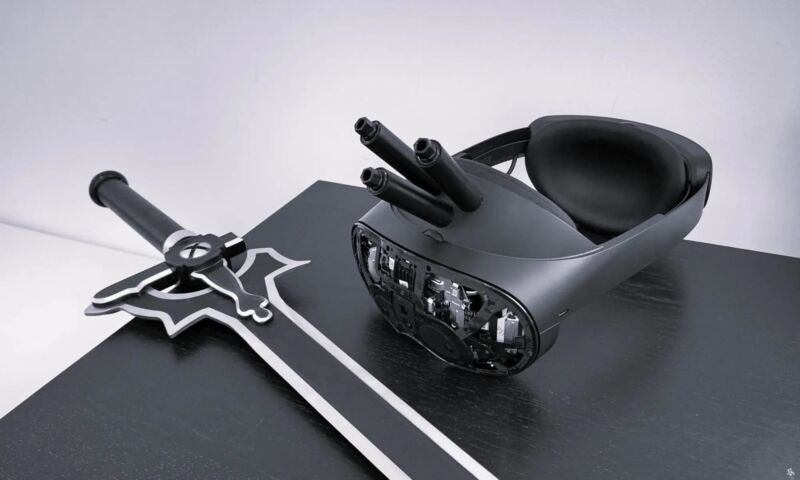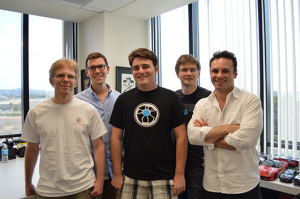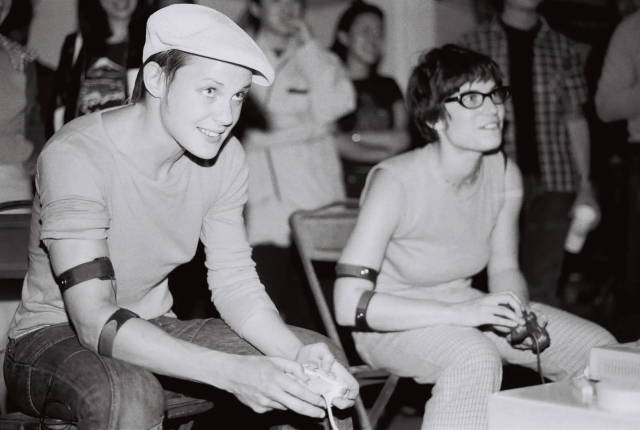
In dozens of fictional works in recent decades, the idea that dying in a video game can cause your death in real life is a common one. Palmer Luckey has made the concept a reality.
Luckey writes on his personal website that he has designed a new virtual reality headset that can "instantly destroy the brain of the user." Luckey writes that it's easy to set off during a "game over" screen because the lethal explosion is triggered by a narrow-band photo sensor.

Sword Art Online is a series of Japanese novels that are related to a virtual reality game. On November 6, 2022, thousands of SAO players are trapped in their headsets and threatened with death if they die in the game, if they try to remove or tampering with the headset.
The Sword Art Online anime was just airing when the first Oculus Rift Development Kit launched on Kickstarter back in 2012, helping to drive what Luckey calls "massive otaku enthusiasm for Oculus, especially in Japan, which quickly became our 2nd largest market." He says that "literally thousands" of fans have reached out to him over the year about Sword Art Online, asking, "When will you make the NerveGear [headset] real?!”The threat of serious consequences can make a game feel real to you. He likens the consequences to a long history of real-world sports that have the same stakes.
AdvertisementThis is an area of video game mechanics that has never been explored. In 2001, the PainStation art installation threatened players who lost a game of pong with heat, punches and electrical shocks. The "Tekken Torture Tournament" provided a fighting game competition in which 32 willing participants received bracing but non- lethal electrical shocks in correspondence to the injuries sustained by their onscreen avatars."

Last year the FDA approved a virtual reality pain management system that uses "established principles of behavioral therapy intended to address the physiological symptoms of pain and aid in pain relief through a skills-based treatment program."
In any case, Luckey cites "a huge variety of failures that could occur and kill the user at the wrong time" in explaining why he has "not worked up the balls to actually use" his deadly new headset. Still, the project shows that Luckey still harbors a deep interest in virtual reality more than five years after he was fired by Oculus parent company Facebook (now Meta) amid controversy over political donations.Luckey's professional life has been mostly focused on his military tech startup Anduril. The year of the 10th anniversary of Oculus' founding was the right time to finally unveil some virtual reality technologies I haven't been able to talk about for a number of reasons.
It's difficult to know if this headset was what he meant by that.